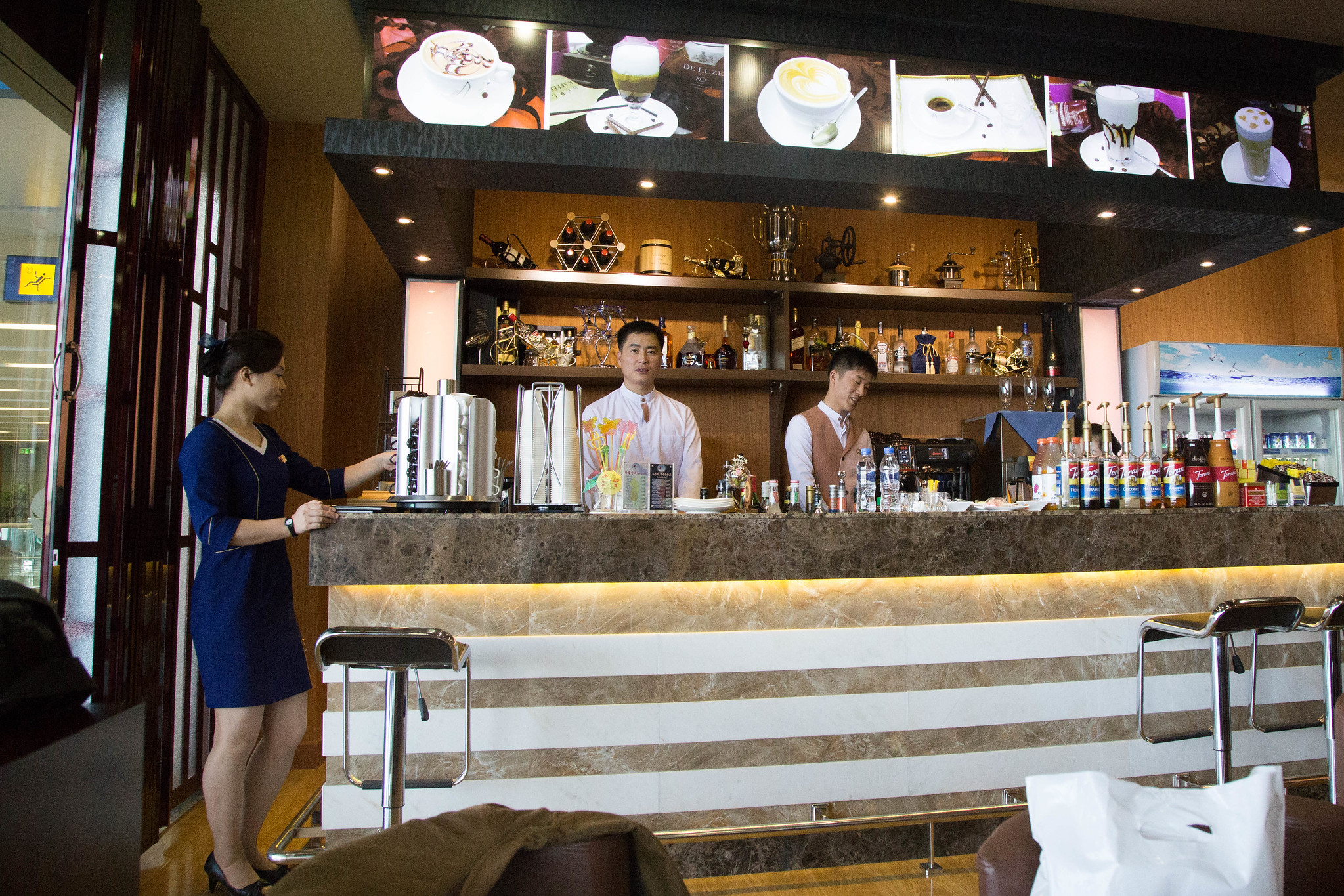From Mystical Origins to Global Culture
Coffee is more than just a drink; it’s a global cultural phenomenon with a history as rich and complex as the brew itself. Whether you’re sipping a strong espresso in an Italian café, enjoying a traditional Turkish coffee, or savoring a frothy cappuccino, coffee connects us across time and borders. But where did this beloved beverage originate, and how did it become the powerhouse drink it is today?
The Mythical Origins of Coffee
The story of coffee’s discovery is steeped in legend. It’s said that around the 9th century, a goat herder named Kaldi in the highlands of Ethiopia noticed his goats were particularly energetic after eating the bright red berries from a certain tree. Intrigued, Kaldi brought the berries to a local monk, who used them to make a drink that kept him alert during long hours of prayer. This was, according to legend, the first cup of coffee!
Although this tale is charming, coffee’s true history likely began in Ethiopia, where the Coffea plant is native. From Ethiopia, coffee beans made their way across the Red Sea to Yemen, where Sufi monks were using the beverage to stay awake during religious rituals by the 15th century.
The Spread of Coffee Through the Islamic World
By the 16th century, coffee had spread across the Islamic world. Coffeehouses, or qahveh khaneh, began to appear in cities like Mecca, Cairo, and Constantinople. These establishments became important social hubs where people gathered not only to drink coffee but also to engage in conversation, listen to music, and discuss politics.
Coffeehouses played a significant role in cultural and intellectual life, with some even referring to them as “schools of the wise.” However, the stimulating effects of coffee also led to controversies. At different points in history, coffee was banned by religious leaders who feared its influence on the social order, although these bans were usually short-lived.
Coffee Arrives in Europe
Coffee finally made its way to Europe in the 17th century through Venetian merchants. At first, it was met with suspicion, often being referred to as the “bitter invention of Satan.” However, the beverage soon found favor when Pope Clement VIII supposedly blessed it, declaring it a Christian drink.
Coffeehouses began to pop up across Europe, becoming centers of social interaction. In England, they were sometimes called penny universities because, for the price of a penny, one could engage in stimulating discussions with scholars and writers. Coffee played a role in the spread of ideas during the Enlightenment, with intellectuals and revolutionaries gathering in these spaces to debate philosophy and politics.
Coffee and the New World
In the 18th century, coffee was introduced to the Americas. The French brought coffee plants to the Caribbean, and soon coffee plantations began to thrive in tropical climates, from Brazil to Central America. By the 19th century, coffee had become one of the world’s most important commodities.
Brazil, in particular, became a coffee powerhouse, and to this day, it remains one of the largest coffee producers globally. As plantations grew, so did the global coffee trade, connecting continents and shaping economies.

The Coffee Culture of Today
In modern times, coffee has evolved into an essential part of daily life for millions. The 20th century saw the rise of large coffee brands, instant coffee, and the invention of espresso machines. The café culture continued to thrive, with coffee becoming not just a drink but a ritual, an art form, and a social experience.
The 21st century brought us the third wave of coffee, where the focus shifted to artisanal methods, ethical sourcing, and sustainability. Specialty coffee shops began to offer single-origin beans and intricate brewing techniques, from pour-overs to cold brew. Coffee became not just a commodity but a craft, with baristas celebrated for their skill.
The Future of Coffee
As we move forward, coffee continues to adapt. Climate change poses a challenge to coffee growers, leading to innovations in sustainable farming and the development of more resilient coffee varieties. At the same time, the rise of alternative coffee drinks, such as nitro cold brews and plant-based coffee beverages, shows how coffee culture continues to evolve.
From its humble beginnings in the Ethiopian highlands to its status as a global cultural icon, coffee’s journey is far from over. Whether you enjoy it black, with cream, or as a decadent latte, every sip of coffee carries with it centuries of history, trade, and tradition.
Leave a Reply